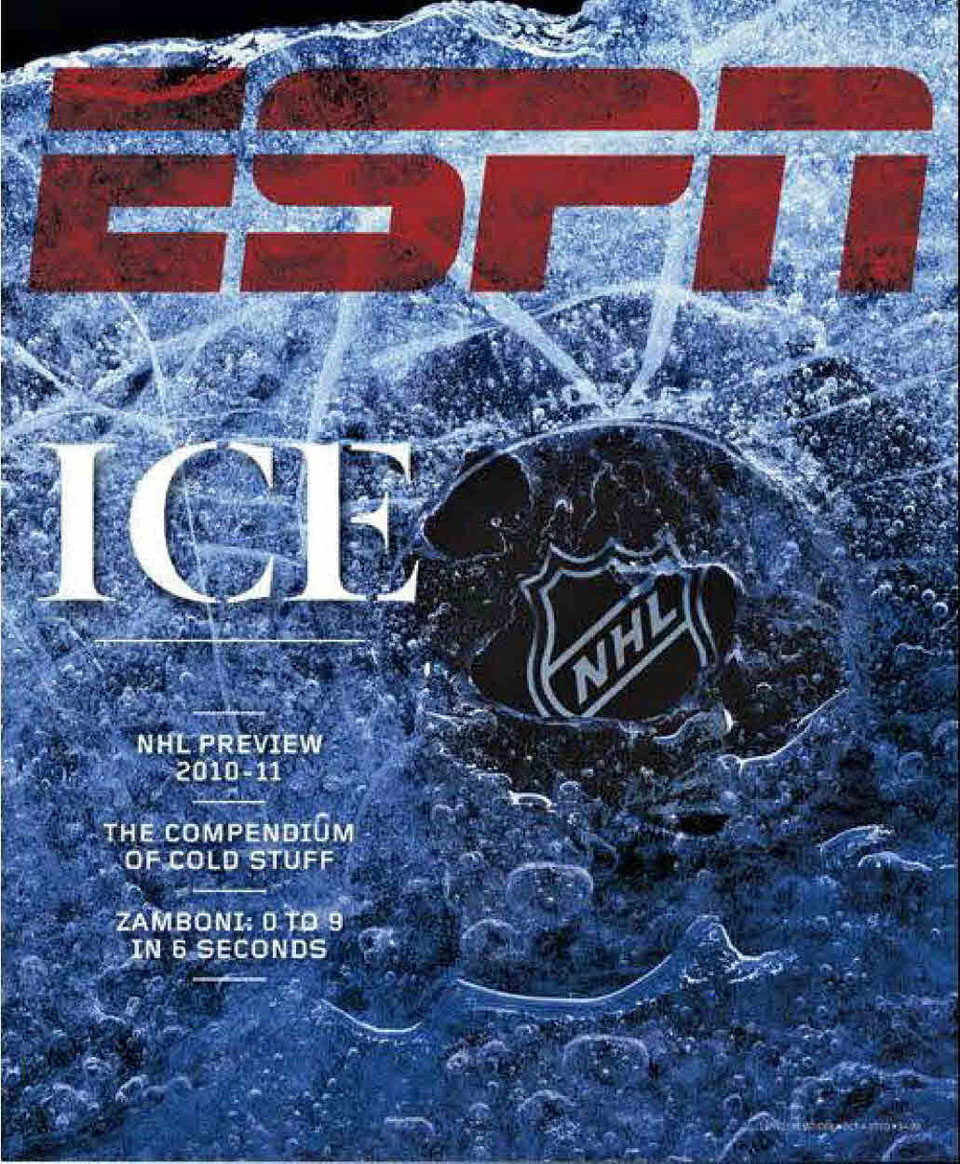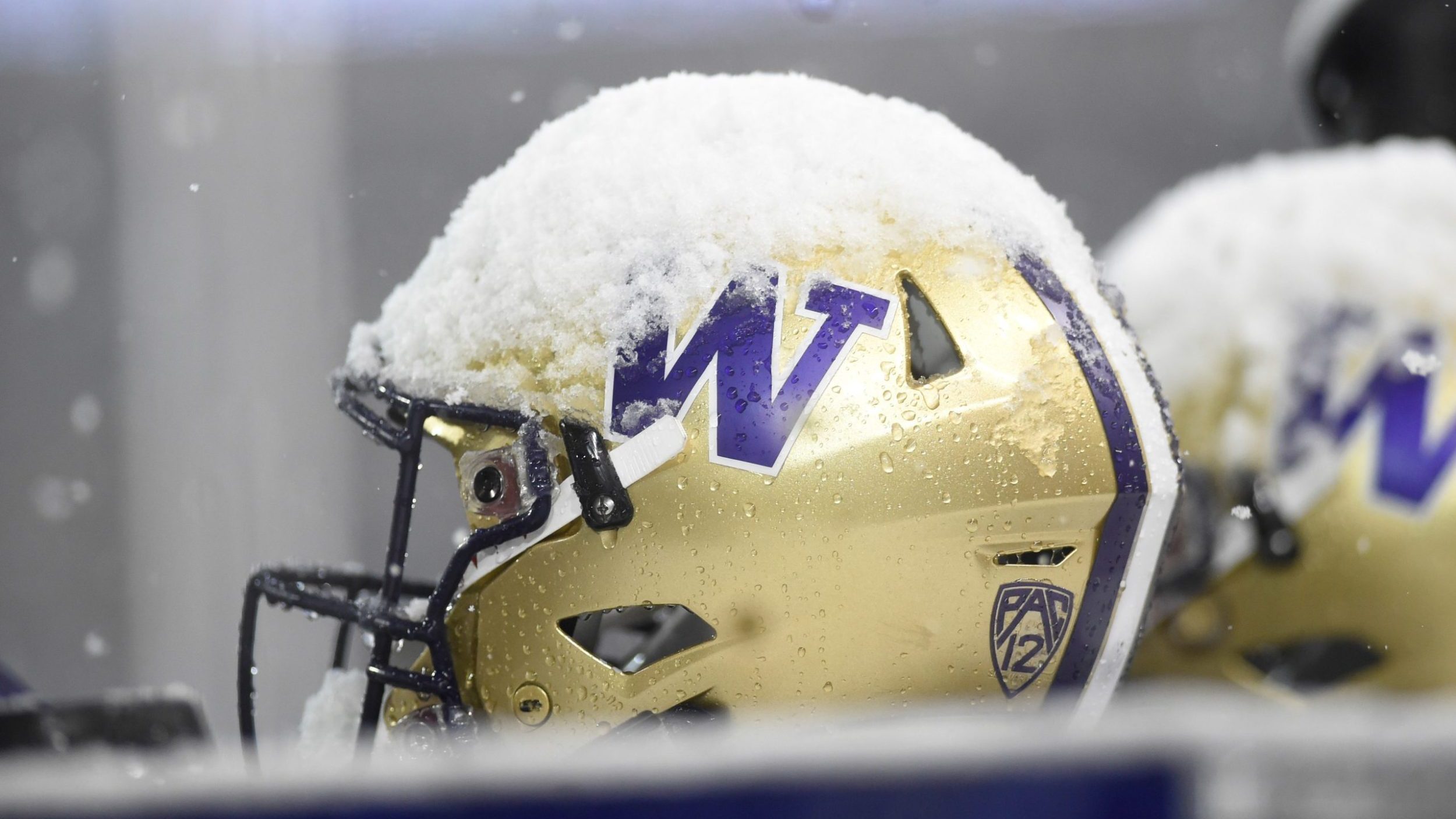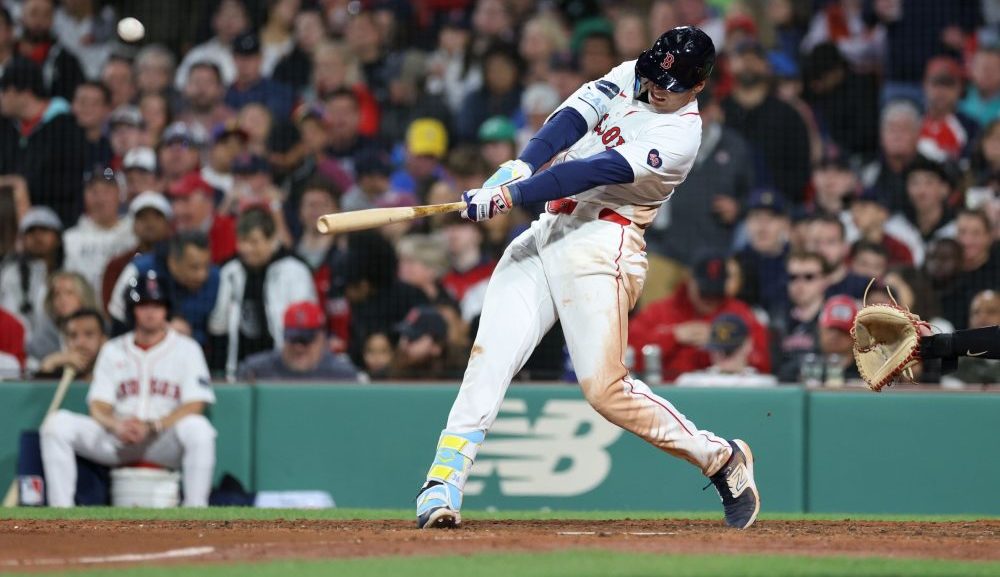
ESPN’s relationship with the NHL has been a much scrutinized topic ever since the network lost rights to NBC several years ago. Currently, the NHL’s presence on ESPN airwaves is kept neatly within the confines of Barry Melrose’s well kept mullet. One of Bristol’s top execs, Senior Vice President Vince Doria, spoke to Ed Sherman about the network’s hockey coverage. Sherman is the former longtime sports media writer for the Chicago Tribune and currently writes at his own site, The Sherman Report. He got the chance to ask Doria the question hockey fans everywhere would love to ask the higher ups in Bristol… why does ESPN hate hockey?
We don’t hate hockey. When I worked in Boston (as sports editor of the Boston Globe), I probably went to more Bruins games than Celtics. There’s probably not a better in-the-house sport than hockey. Watching it live. My own personal feeling is that it never transferred well to television. I’m not exactly sure why that is.
Doesn’t transfer well to television? I wonder if that was the sentiment when ESPN and ABC covered the NHL from 1992-2004. It’s a common explanation for ESPN’s relationship with the NHL. We love hockey, but it’s not personal, it’s business. The quote about not transferring well to television is an interesting one. Doria’s next comment insinuating hockey isn’t truly a national sport is the one that will resonate with hockey fans today…
It’s a sport that engenders a very passionate local following. If you’re a Blackhawks fan in Chicago, you’re a hardcore fan. But it doesn’t translate to television, and where it really doesn’t transfer much to is a national discussion, which is something that typifies what we do.
Baseball fans are interested where Albert Pujols is going. NBA fans are interested in the Miami Heat. For whatever reason, and this is my unsubstantiated research on it, hockey doesn’t generate that same kind of interest nationwide. You look at national talk shows. Hockey rarely is a topic. People in Boston aren’t that interested with what’s going on with the Blackhawks.
Nobody would argue that the NHL is as big as the NBA or MLB, but to insinuate their fans don’t care as much as the league as a whole is a reach. Ask yourself how many baseball fans in San Francisco or San Diego are really all that interested in the Yanks/Sawx rivalry and their 60 nationally televised games every year.
At some point, we get to a chicken and egg scenario with ESPN and the NHL. ESPN doesn’t talk about the NHL because there isn’t enough interest in the sport, but there isn’t interest in the sport because ESPN doesn’t talk about it. Which comes first? Doria’s comments seem a little out of touch, if only for the fact that Boston actually was in the Top 10 markets watching when the Blackhawks beat the Flyers in the Stanley Cup Finals a couple years ago. Their Game 6 was the most watched NHL game since the 70s and national ratings this year have increased greatly with every playoff game televised nationally. If anything, the demand for hockey coverage should be increasing nationally instead of decreasing. But what if ESPN still televised the NHL? Would things be different at all?
Listen, I guess if we were rights holder, there probably would be a little more attention paid to it. It’s typical that would happen. We might throw it to commentators who were inside the building. Now we’re not inside the building.
Sometimes we can be too hard on ESPN for protecting and promoting their own. I would be willing to guess if you sat down and chronicled an episode of NBC Sports Talk, you would have more hockey coverage and more references to MLS, since they are both televised on NBC Sports Network. However, where ESPN runs in to trouble with hockey fans is their eternal claim to the mantle of WorldWide Leader in Sports. If that’s the case, 36 seconds of highlights after the opening night of the Stanley Cup Playoffs creates a disconnect. With this existing notion in Bristol that the NHL doesn’t generate a national discussion, their coverage of the NHL doesn’t appear to be changing anytime soon.
(Read the full Q&A at The Sherman Report)






Comments are closed.